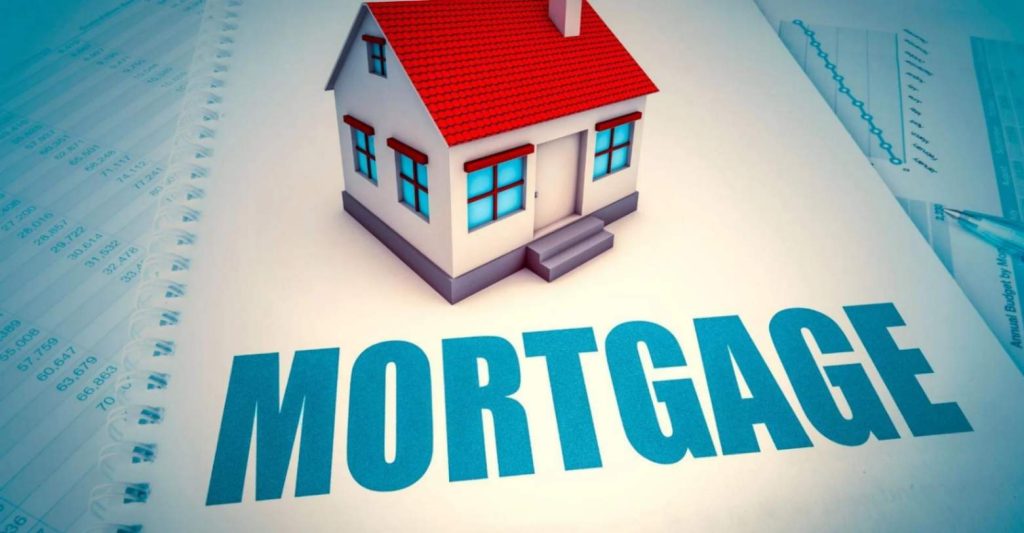When buying a home, it’s easy to make mistakes that can have long-lasting financial impacts. Being aware of these common pitfalls can help you navigate the process more smoothly and make more informed decisions.
One of the most frequent mistakes is not checking your credit report early in the process. Your credit score significantly influences the interest rates you’re offered, and errors on your credit report can lower your score unnecessarily. Reviewing your credit report well before you start applying for mortgages allows you to correct any inaccuracies and improve your score if needed.
Failing to get pre-approved for a mortgage is another common error. Pre-approval not only gives you a clear idea of how much you can afford but also shows sellers that you are a serious buyer. Without pre-approval, you risk falling in love with a home that’s out of your price range or losing out to another buyer who has their financing lined up.
Many homebuyers make the mistake of not shopping around for the best mortgage rates and terms. Lenders offer different rates and fees, and even a small difference in interest rates can add up to thousands of dollars over the life of a loan. Comparing offers from multiple lenders ensures you get the best possible deal.
Overlooking the total cost of homeownership is another trap. Beyond the mortgage payment, owning a home involves property taxes, insurance, maintenance, and potential homeowner association fees. Budgeting only for the mortgage can lead to financial strain down the road. Be sure to factor in all these costs when determining what you can truly afford.
Choosing the wrong type of mortgage is a mistake that can have significant consequences. Fixed-rate mortgages offer stability with consistent payments, while adjustable-rate mortgages (ARMs) can start with lower payments but might increase dramatically later. Understanding your financial situation and how long you plan to stay in the home can help you choose the right mortgage type for your needs.
Another common misstep is making large financial changes during the mortgage application process. Major purchases, job changes, or opening new credit accounts can alter your financial profile and jeopardize your mortgage approval. Lenders reassess your financial status before closing, so maintaining consistency is crucial until you have the keys in hand.
Skipping the home inspection can be a costly error. A professional inspection can uncover hidden issues with the property that might not be apparent during a casual walkthrough. Without an inspection, you might face unexpected repairs and expenses after moving in. Investing in a thorough inspection can save you from potential headaches and financial burdens.
Some buyers forget to account for the potential of rising interest rates. While this might not affect those with a fixed-rate mortgage, anyone considering an ARM needs to understand how future rate increases could impact their payments. Even with a fixed-rate mortgage, rising rates can affect your ability to refinance or take out home equity loans in the future.
Neglecting to read the fine print of your mortgage agreement is another common mistake. The mortgage documents are complex and full of legal jargon, but understanding the terms and conditions is crucial. This includes knowing about any prepayment penalties, adjustable-rate terms, or other clauses that could affect your financial situation.
Finally, rushing through the process can lead to regrettable decisions. Buying a home is a significant investment, and it’s essential to take your time to ensure you’re making the best choice. This includes everything from choosing the right lender and mortgage product to finding a home that meets your needs and budget.
By being mindful of these common mistakes and taking steps to avoid them, you can make the homebuying process smoother and more financially sound. Taking the time to thoroughly research, plan, and understand each aspect of the mortgage process can help you secure a home that you can afford and enjoy for years to come.




